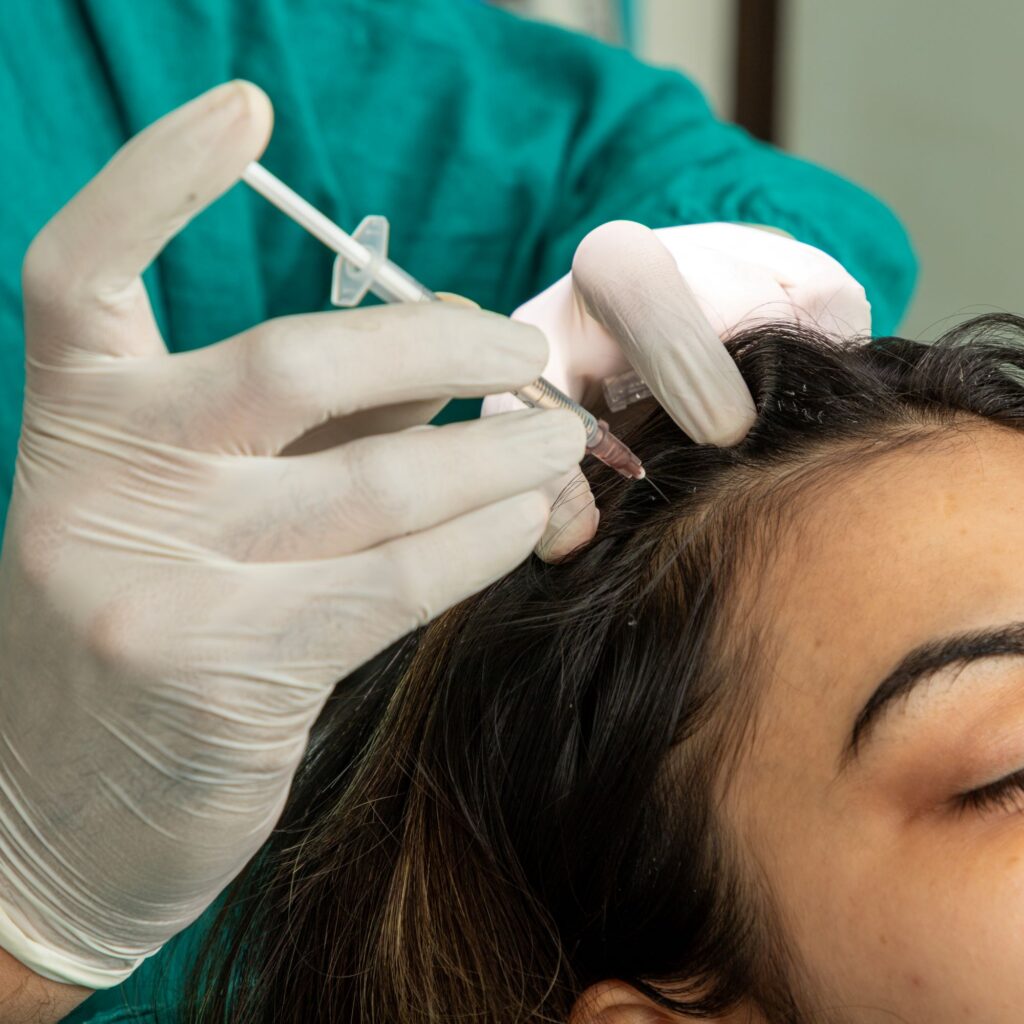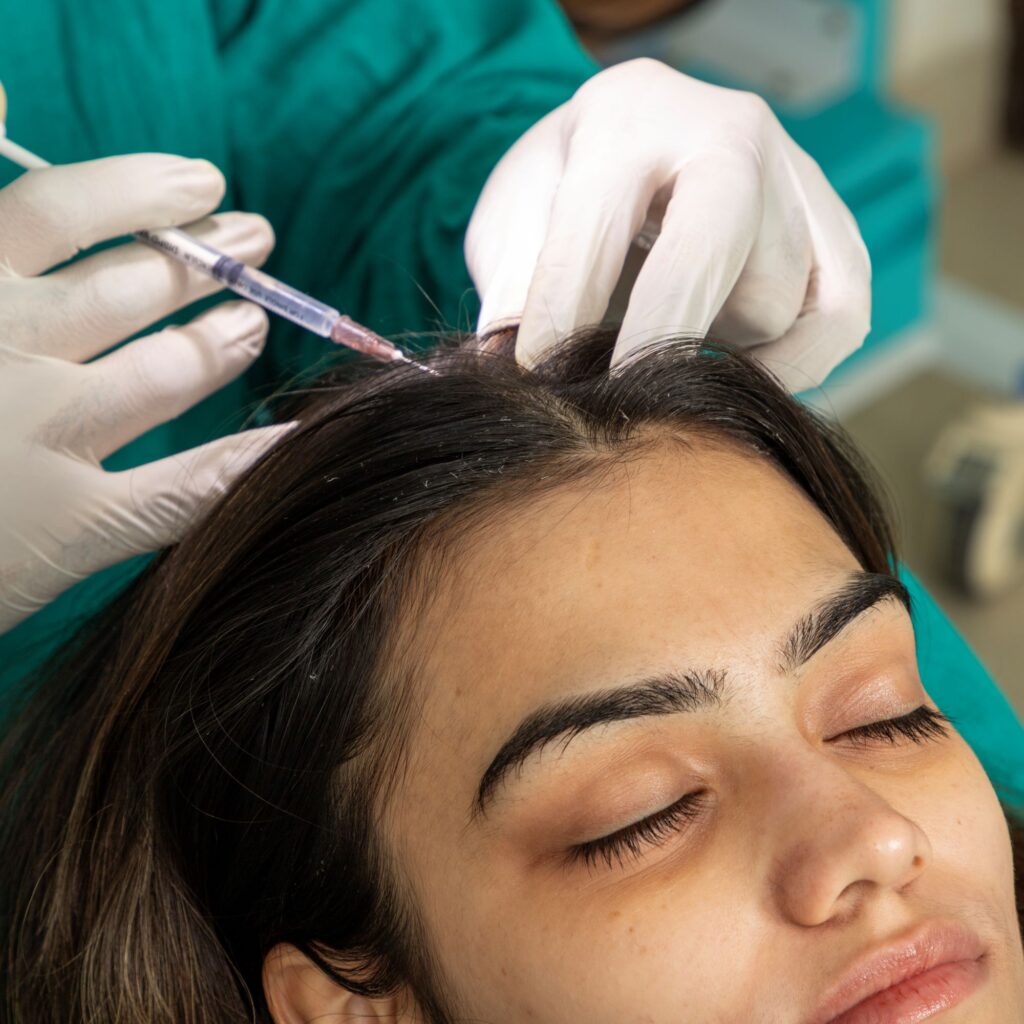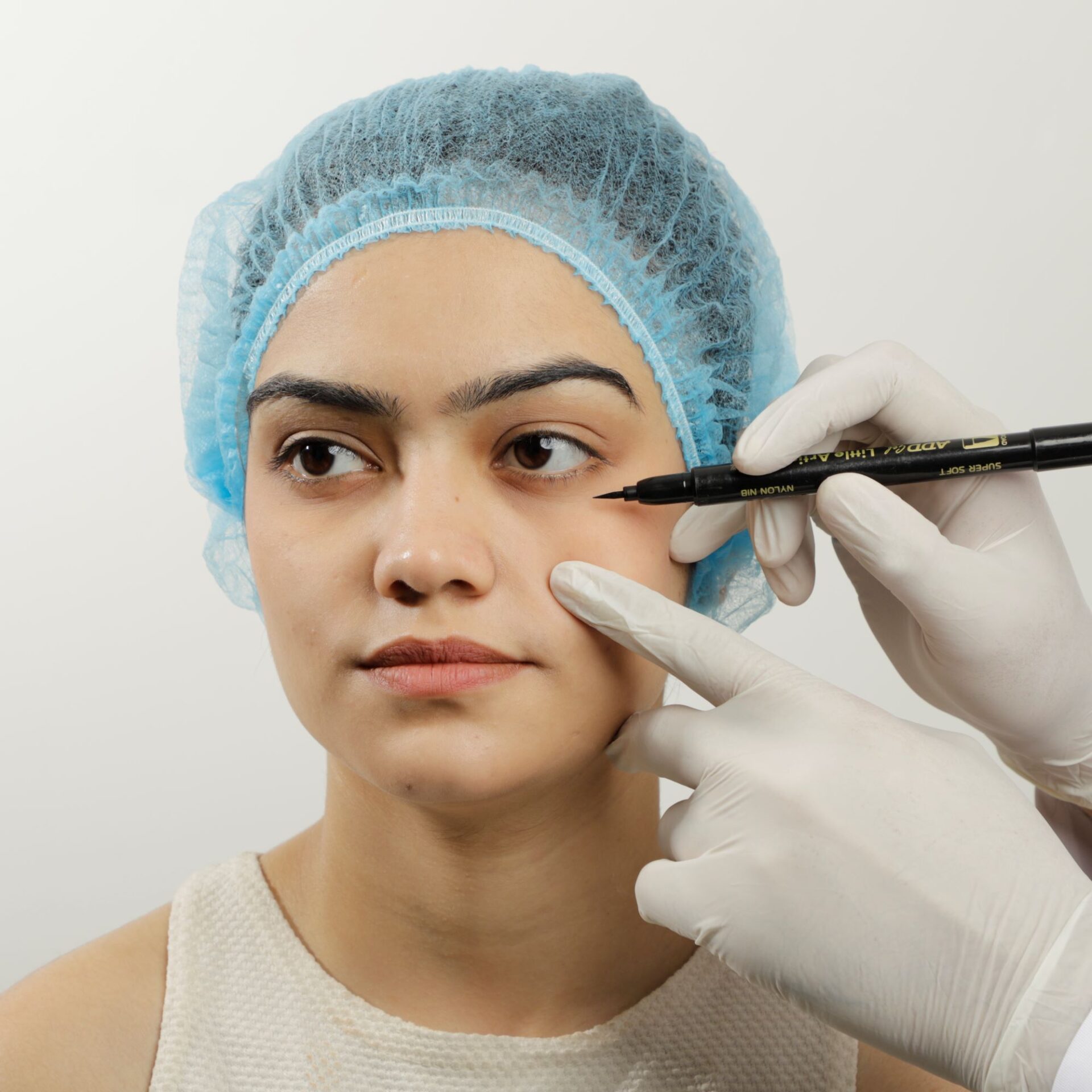FAQs
Facial plastic surgery encompasses procedures aimed at enhancing or rejuvenating facial features, including the nose, ears, eyes, chin, and neck.
Common procedures include rhinoplasty (nose job), facelift, eyelid surgery (blepharoplasty), brow lift, chin augmentation, and neck lift.
This depends on various factors such as your overall health, expectations, and specific concerns. A consultation with a facial plastic surgeon can help determine your candidacy.
Risks may include infection, bleeding, scarring, asymmetry, nerve damage, and dissatisfaction with results. Your surgeon will discuss these risks during the consultation.
Preoperative instructions typically include quitting smoking, avoiding certain medications, and arranging for transportation and aftercare.
Recovery varies depending on the procedure. Generally, you can expect swelling, bruising, and discomfort initially, followed by gradual improvement over several weeks to months.
Results can be long-lasting, but factors such as aging, lifestyle choices, and genetics can affect the longevity of results. Maintenance may be required over time.
Skilled surgeons aim for natural-looking results that enhance your features while maintaining harmony and balance with your facial structure.
Costs vary depending on the procedure, surgeon’s experience, geographic location, and other factors. Your surgeon will provide you with a personalized quote during the consultation.
Most facial plastic surgeons offer consultations to discuss your goals, assess your candidacy, and develop a personalized treatment plan. Fees for consultations may vary.
In most cases, facial plastic surgery for cosmetic purposes is not covered by insurance. However, procedures performed for medical reasons, such as reconstructive surgery after trauma or to correct breathing problems, may be covered.
Dr. Prateek Sharma
- Eveite ENT & Cosmetics Centre
- Morning: 10AM - 1PM
- Evening: 5PM - 7PM
- Apollo Spectra (On Call)
Dr. Prateek Sharma
Dr. Prateek Sharma, a distinguished ENT and Facial Plastic Surgeon, graduated from the All India Institute of Medical Sciences, New Delhi, specializing in Otorhinolaryngology and cosmetic surgery.



